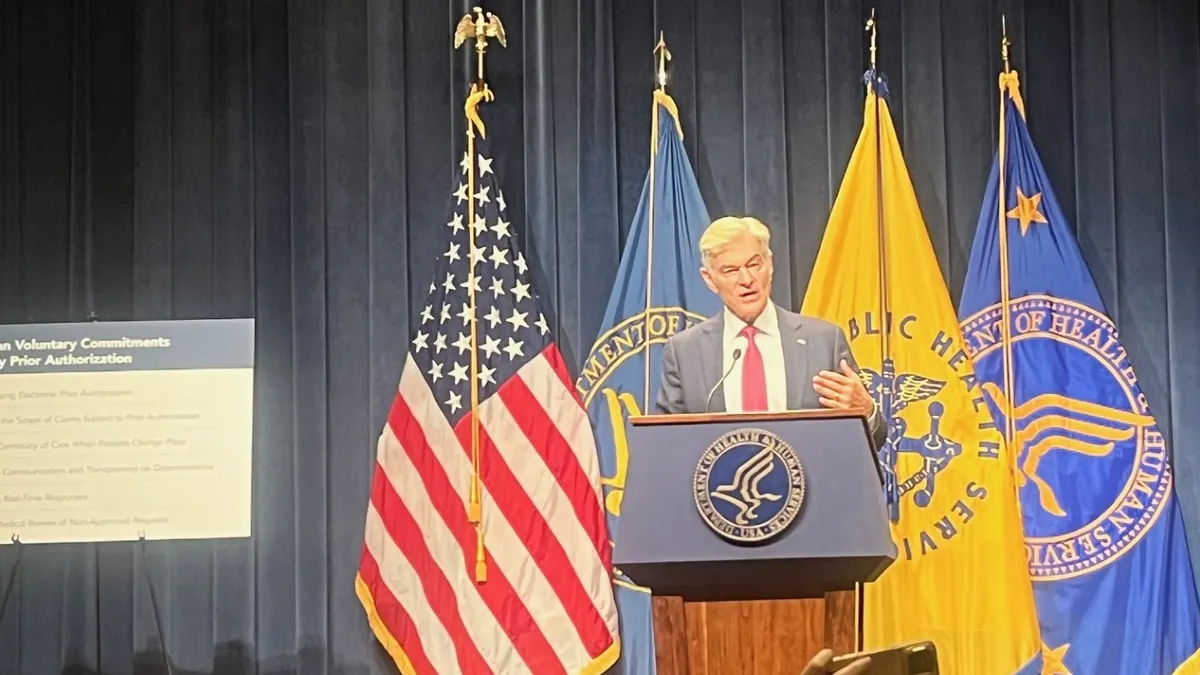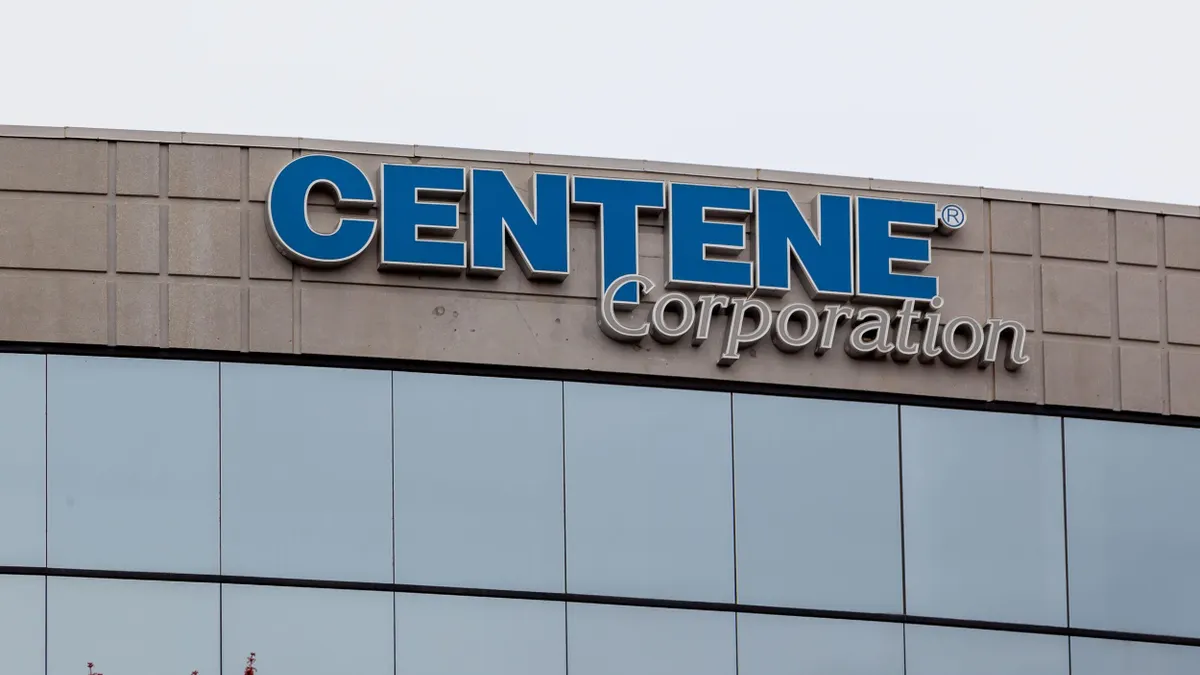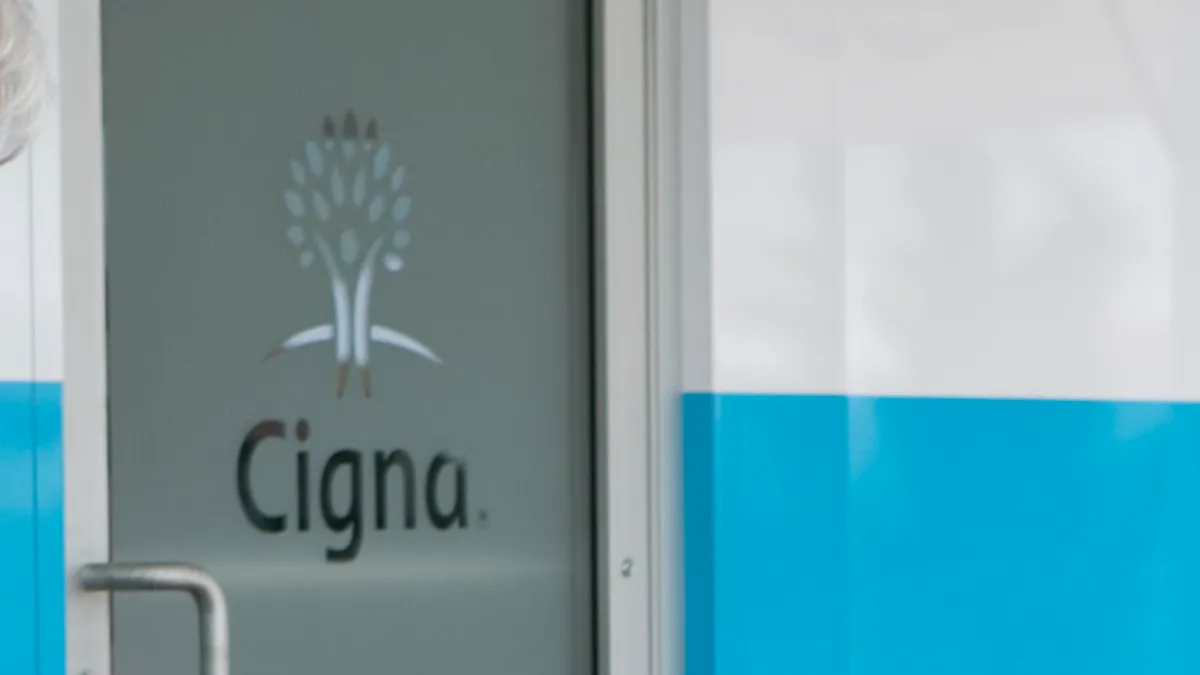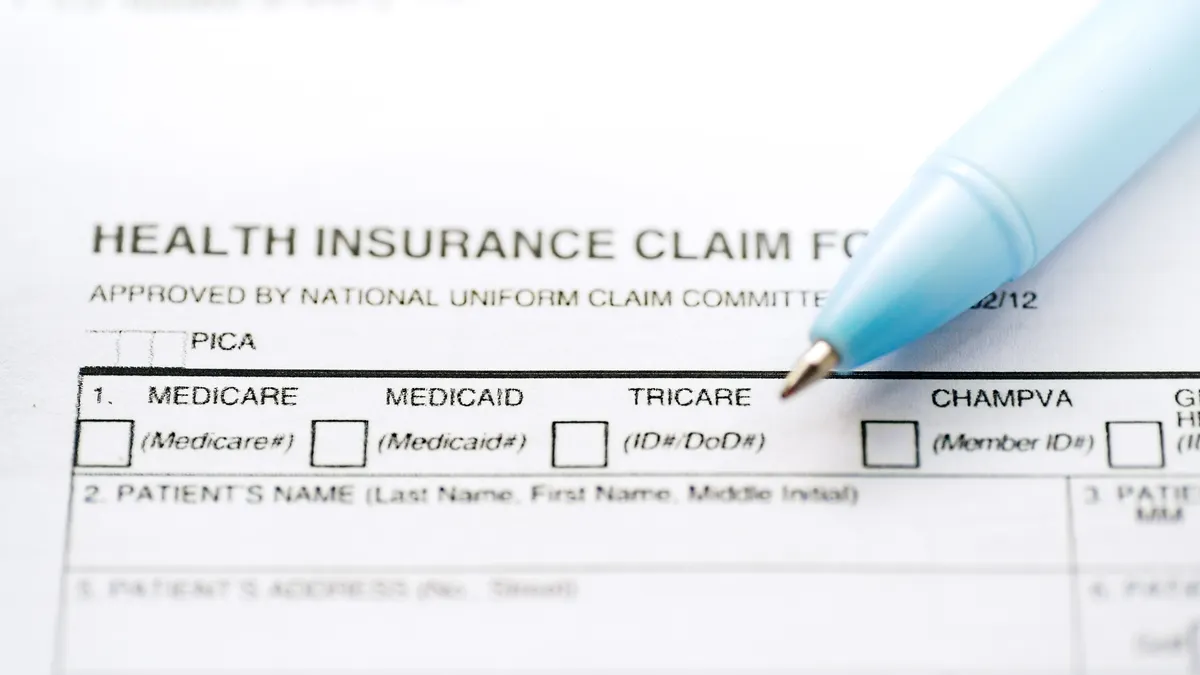The biggest health insurance companies in the U.S. have pledged to reform much-maligned prior authorization policies, which require doctors and hospitals to get their go-ahead before providing certain services.
The changes were announced Monday by insurer lobby AHIP and the Blue Cross Blue Shield Association and are backed by almost 50 health insurers, including UnitedHealthcare, Aetna, Cigna, Elevance and Humana.
The commitments include a promise to reduce the number of claims subject to prior authorization by next year. They should result in faster access to treatments for patients and fewer administrative hoops for providers — though, compliance is voluntary, raising questions about accountability for payers that have signed on.
Regulators in the Trump administration took credit for spearheading the charge to reform prior authorizations during a press conference the same day. CMS Administrator Dr. Mehmet Oz said that the government would be tracking compliance closely and is open to regulation if insurers fail to meet the new standards.
But for now, “the pledge is not a mandate. It’s not a bill or rule. This is not legislated. This is an opportunity for industry to show itself,” Oz said.
Six commitments to ameliorate prior authorizations
Health insurers are still struggling to manage the outpouring of public anger that followed the killing of UnitedHealthcare CEO Brian Thompson in December. In the wake of the deadly shooting, payers have defended their business practices as necessary to contain spiking medical costs while taking some accountability for what they can improve.
That includes prior authorization, a utilization management strategy loathed by providers which say onerous preauthorization policies contribute to burnout, slow down the provision of medical care and can lead to worse health outcomes.
Now, a coalition of 48 influential for-profit and nonprofit insurers are promising reform. The changes, which apply across all forms of insurance over the next two years, could benefit more than 250 million Americans given the reach of the insurers involved, AHIP and the BCBSA said.
Specifically, the companies pledged to eliminate some prior authorization requirements; honor existing prior authorization approvals from a member’s previous health plan if they change coverage as part of a 90-day transition period; and explain prior authorization decisions and provide guidance on how to appeal denials by the start of 2026.
By 2027, the payers said they would standardize data and submission requirements for electronic prior authorizations. And, at least 80% of electronic prior authorization approvals will be answered in real-time by that year, according to the release.
Payers also promised that all prior authorization denials will be reviewed by medical professionals.
“The health care system remains fragmented and burdened by outdated manual processes, resulting in frustration for patients and providers alike. Health plans are making voluntary commitments to deliver a more seamless patient experience and enable providers to focus on patient care, while also helping to modernize the system,” Mike Tuffin, AHIP’s president and CEO, said in a statement Monday.
It’s the biggest pledge yet from the health insurance industry to do better following Thompson’s death. Since December, major payers have announced internal changes to their policies that they say will make accessing healthcare easier and more affordable to their members, including UnitedHealthcare, Humana and Cigna.
Empty promises or concrete reform?
Yet hospitals and doctors are wary that the pledge may be little more than lip service on the part of insurers. For example, major payer and provider groups agreed on the need to improve prior authorizations in 2018. But seven years later, getting treatment approval is still a huge problem for providers, many of which say prior authorization requirements have actually been increasing in recent years.
Coverage adjudications cost providers almost $20 billion annually, group purchasing organization Premier said last year. Meanwhile, more than half of denials by private insurers were ultimately overturned upon appeal.
“While this commitment is a step in the right direction, we will ultimately measure its impact by real changes in the day-to-day experiences of patients and the physicians who care for them,” Shawn Martin, the CEO of the American Academy of Family Physicians, said in a statement.
Premier agreed that the announcement was a positive development, but called on policymakers to lock in real reform.
“Voluntary pledges aren’t the same as enforceable protections,” Soumi Saha, Premier’s top lobbyist, said in a statement.
Insurers say they’re holding themselves to a higher standard with the commitments. But it’s worth noting that some of the pledges are not yoked to specific targets — including how many prior authorizations insurers will cut, though participating payers plan to release specific reduction plans by next year.
Other changes have already been set in motion by the CMS.
For example, a rule finalized in 2024 requires federally regulated insurers to turn around prior authorization decisions much more quickly and give more details about why requests were denied beginning in 2026. By 2027, payers will have to implement standards for electronic prior authorizations.
Another rule finalized in 2023 requires Medicare Advantage insurers to honor existing prior authorization approvals for at least 90 days when an enrollee switches coverage.
However, one differentiator is that the new commitments extend into the commercial market, meaning they’ll reach a significantly greater number of Americans than those in public programs.
The goal of real-time determinations for electronic prior authorization requests is also faster than existing deadlines in regulation.
Trump administration’s role
The commitments came about after the Trump administration started engaging with health insurance companies earlier this year on how they could pare back preauthorizations — and asked physicians, health systems, patient advocates and legislators how they’d tackle the issue as well, top federal health officials said during the Monday press conference.
“We have spoken to these folks and others in the industry about the desire for them to maybe adopt a different strategy, one that actually is discussed in the Bible, and it says that the meek shall inherit the earth,” Oz said. “Once in a while, we have to get together, even if we’re competitors, and agree, and that’s what these insurance companies and hospital systems have done. They’ve agreed to sheathe their swords, to be meek for a while, and to come up with a better solution to a problem that plagues us all.”
Regulators acknowledged that insurers could buck their commitments given the initiative is voluntary. But insurers appear to be taking the pledges seriously, they said.
For example, AHIP plans to publish a dashboard on its website to help ensure accountability, Chris Klomp, the CMS’ Medicare director, said. The dashboard will include insurer information around prior authorization policies and reductions, including the number or percentage of codes that no longer need preapproval and adherence to timeliness standards, according to Klomp.
In addition, the commitments in most cases include specific deliverables and deadlines, which should make compliance easier to monitor, according to HHS Secretary Robert F. Kennedy, Jr.
“In the past, the insurance industry has made commitments to prior authorization, but they have not kept them. And this case, we think is very, very different,” Kennedy said.
Another thing that’s changed since past efforts?
“There’s violence in the streets over these issues,” Oz said. “This is not something that is a passively accepted reality anymore.”























